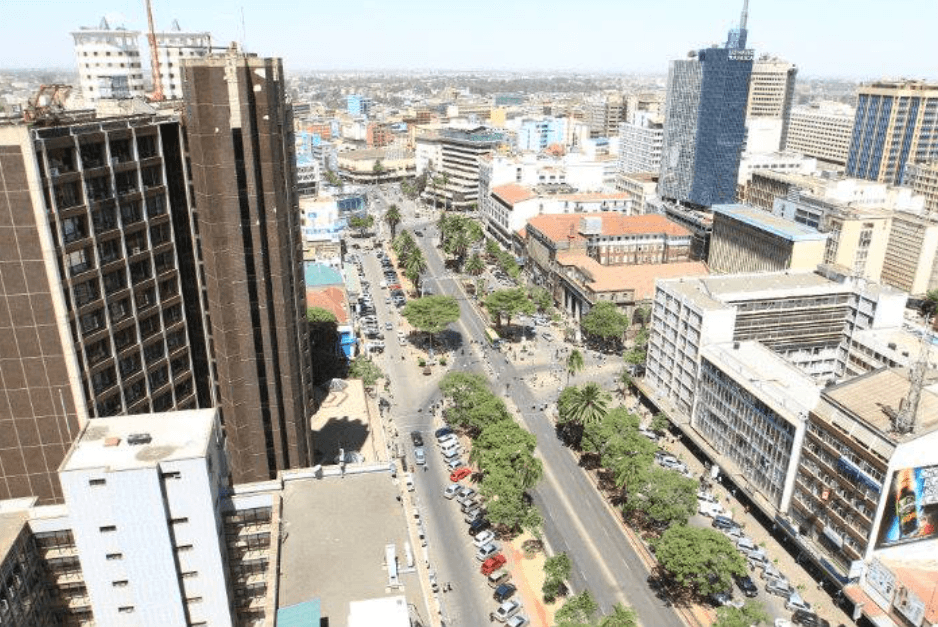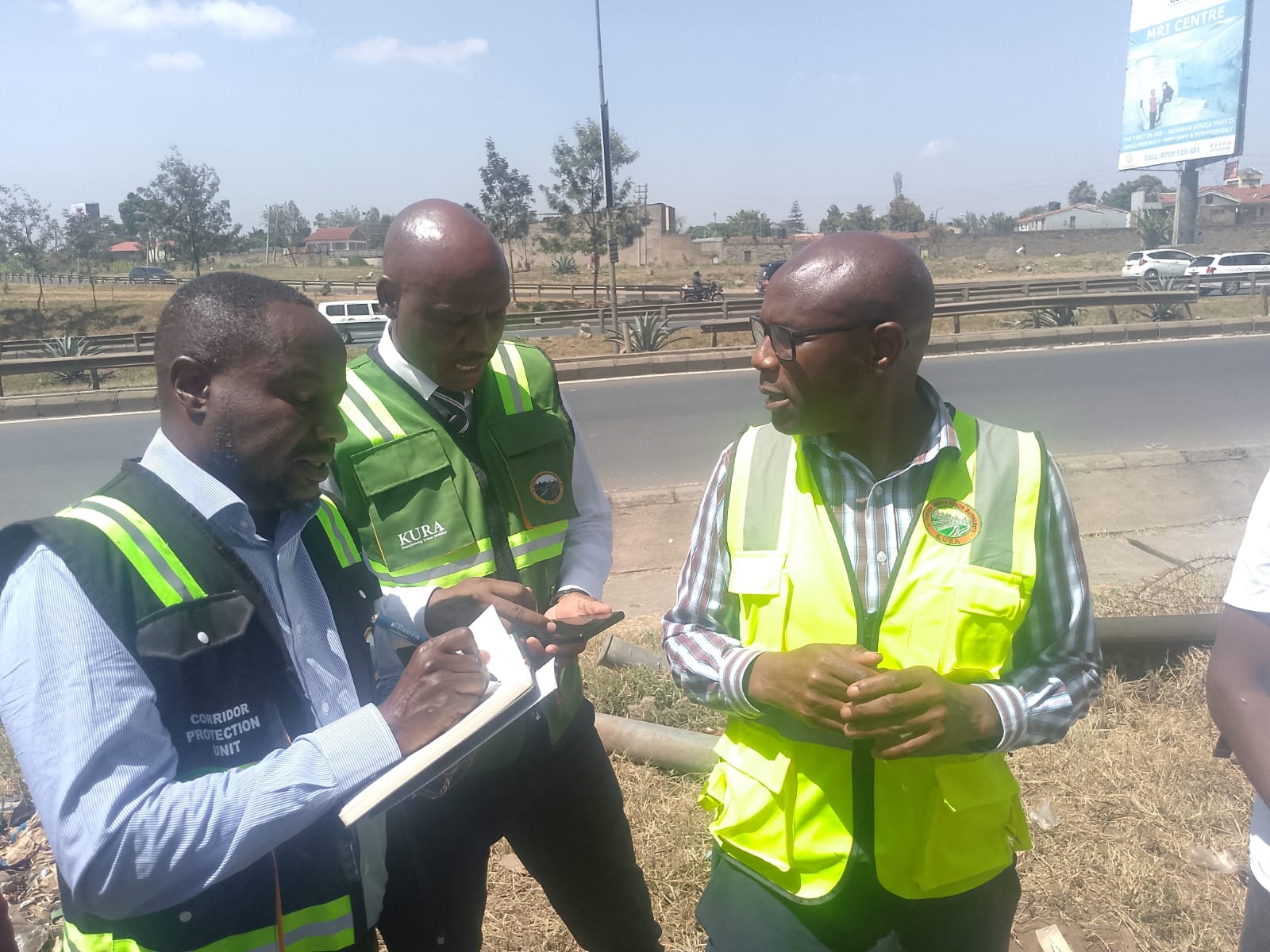A group of farmers in Garissa County have dropped crop farming and ventured into beekeeping.
Members of the Ebby Farm Group in Korakora, Garissa Township sub-county, said a combination of factors led them to seek an alternative source of livelihood.
They were forced to think outside the box after floods swept away their crops.
Ebla Hassan, a member, said last year's El Nino rains, coupled with heavy rainfall between April and May that caused the River Tana to break its banks, ended up destroying all their crops, adding that this was not the first time.
She said her experience with beekeeping has been good thus far.
“All farms along the river were fully submerged by flash floods, leading to losses amounting to millions. We were hit by the reality that climate change is here to stay and that we might continue being casualties. We were again left to start from scratch as has always been the case,” she said.
“So in January, we decided to try out something different. We then settled on beekeeping which quickly gained momentum,” she said.
Ebla says she learnt the art of resilience from her mother who embraced crop farming after she lost her herd of livestock to cycles of drought.
Ebla, a mother of five who recently acquired training from Lenana National Institute of Beekeeping, says she is considering switching completely to beekeeping. She still practices vegetable farming on a small scale.
“One thing that I have realised is that apart from beekeeping being cost-effective compared to crop farming, there is a high demand for honey not only in Garissa but the region at large,” she said.
“I am not that learned but I'm told scientists say beekeeping helps restore the ecosystems. Crop pollination and conservation of the forest help reduce the impact of floods,” she added.
Ebla said that she is planning to double her bee hives from the current 5,000 to 10,000.
Ambia Hassan, a farmer, said the April floods which swept their crops and farming equipment was a wake-up call.
“We have more than 3,000 group members practising farming along the river in the four sub-counties of Garissa, Balambala, Bura and Masalani. So you can imagine the huge losses we incur every year whenever there are floods,” she said.
“The floods destroyed bananas and fruits ready for harvest in my three-acre piece. It was extremely devastating. It was time to do some soul-searching and make some hard decisions,” she added.
Ambia said he began with 100 bee hives.
“I can tell you for a fact I will dedicate all my energy, time and resources to ensure I succeed in beekeeping. I don’t see myself returning to crop farming,” he said.
She urged farmers to think of beekeeping which only requires cheap labour.
“We already have a head start because River Tana flows right next to us. We also have a forest next to the river. These are key ingredients required in beekeeping. It is a big boost for us,” she said.
In a separate interview, Abdi Farah, the chairman of the Garissa farmers network, said several farmers were slowly moving from crop farming to beekeeping as an alternative source.
Farah, who has over the years incurred huge losses on his 10-acre parcel in Sakuri, said he formed a group of nine members at Balij, called Filay Honey Group.
The 38 farmers who registered a community-based organisation, are capable of producing 2,000 kgs of honey.
“I can confirm that we have already harvested more than 2,000 kg of honey that has found itself at the Garissa market and its environs. Ours is pure and natural honey and this you can confirm from the market by asking those who have already bought from us,” he said.
He said 1 kg of honey goes at Sh1,000.
Farah said that the World Food Programme and Livestock Management System and Solo organisation offer them training, besides providing harvesting gear and bee hives.
He said he is determined to influence farmers to engage more in beekeeping as an alternative source of livelihood due to challenges posed by the floods and extreme weather that continue to make livestock farming difficult to practice.















